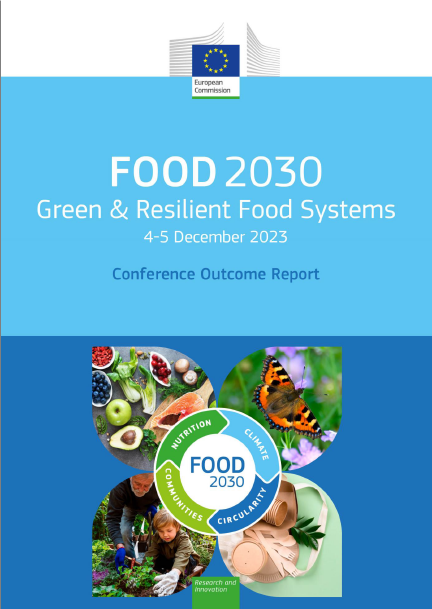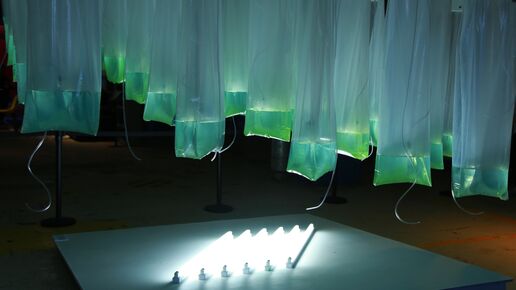SUSTLIVES researchers in Bari @CNR ISPA and EU FOOD SAFETY PLATFORM
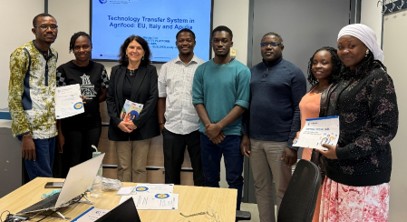
EU FOOD SAFETY PLATFORM providing input on technological transfer and new models of cooperation
On October 14, 2025, a dynamic training session for the SUTSLIVES project brought together researchers, business experts, and participants of a training period from Africa to spotlight the changing landscape of innovation in the agri-food sector. SUSTLIVES is an initiative funded by the European Union as part of the DeSIRA program. The project is coordinated by the Italian Agency for Development Cooperation (AICS), with CIHEAM Bari – the International Centre for Advanced Mediterranean Agronomic Studies overseeing its scientific and technical activities.

The project’s primary goal is to support the shift towards sustainable and resilient agri-food systems in Burkina Faso and Niger. By focusing on the cultivation and valorization of local crops and their value chains, SUSTLIVES seeks to generate new income opportunities and empower communities across the Sahel, helping them adapt to the challenges of a changing climate.
Researchers are in Italy at CNR ISPA, their training period coordinator, led by dr. Maria Gonnella and Francesca Boari. In this framework, the meeting on “Technology Transfer System in agrifood: EU, Italy and Apulia” highlighted how cooperative frameworks and platforms are transforming the journey from research to positive market and societal impact.
The lesson – conducted by Nunzia Cito – emphasized that technological innovation does not happen in isolation. In Italy and especially in regions like Apulia, strong links between academia, small and medium-sized enterprises, industry associations, and public authorities are crucial. This shift—from linear, “from lab to market” models, to fully integrated, circular models—is fostering both trust and practical cooperation. Researchers and farmers, technical experts and policymakers, are now seen as “co-partners” in a multi-actor process. This collaborative approach ensures that knowledge, new products, and best practices can be co-designed, tested, and implemented, keeping pace with local needs and global trends.
A central focus was placed on the European Union’s leading role in catalyzing such innovation through strategic plans, funding schemes like Horizon Europe and PRIMA, and platforms such as the European Food Safety Platform, coordinated by Veronica Lattanzio. These initiatives actively promote multi-sector partnerships, knowledge-sharing, and the broad valorization of research—from the generation of new ideas to the commercialization of patented technologies.
Real examples—like the creation of integrated Research Infrastructures and digital biobanks, like SUS-MIRRI IT for sharing microbial biodiversity—showcase how Italian institutes are positioning themselves as key players in global networks.
The ultimate vision, strongly championed by the SUSTLIVES team, is openness: to share knowledge across borders, empower new generations of researchers, and provide tangible benefits to farmers, food producers, consumers, and wider society.
The session closed with a call to further embrace “open access” cultures, strengthen stakeholder participation, and leverage tools like the European Food Safety Platform. By working together across disciplines and geographies, the agri-food sector can deliver on its promise of innovation, sustainability, and real societal value.
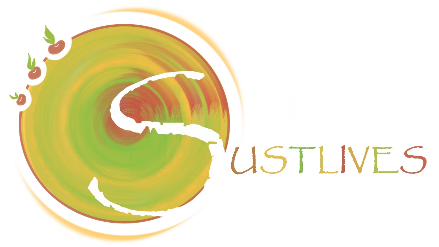
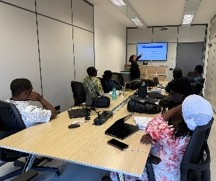
Latest News

Europe Commission consultations to shape the future of EU policies are open!
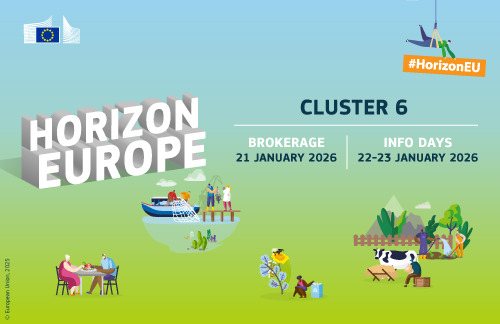
Horizon Europe R&I Infodays 2026: Cluster 6 – Food, Bioeconomy, Natural Resources, Agriculture & Environment

EIT Food Consumer Engagement Labs – SENIORFOOD
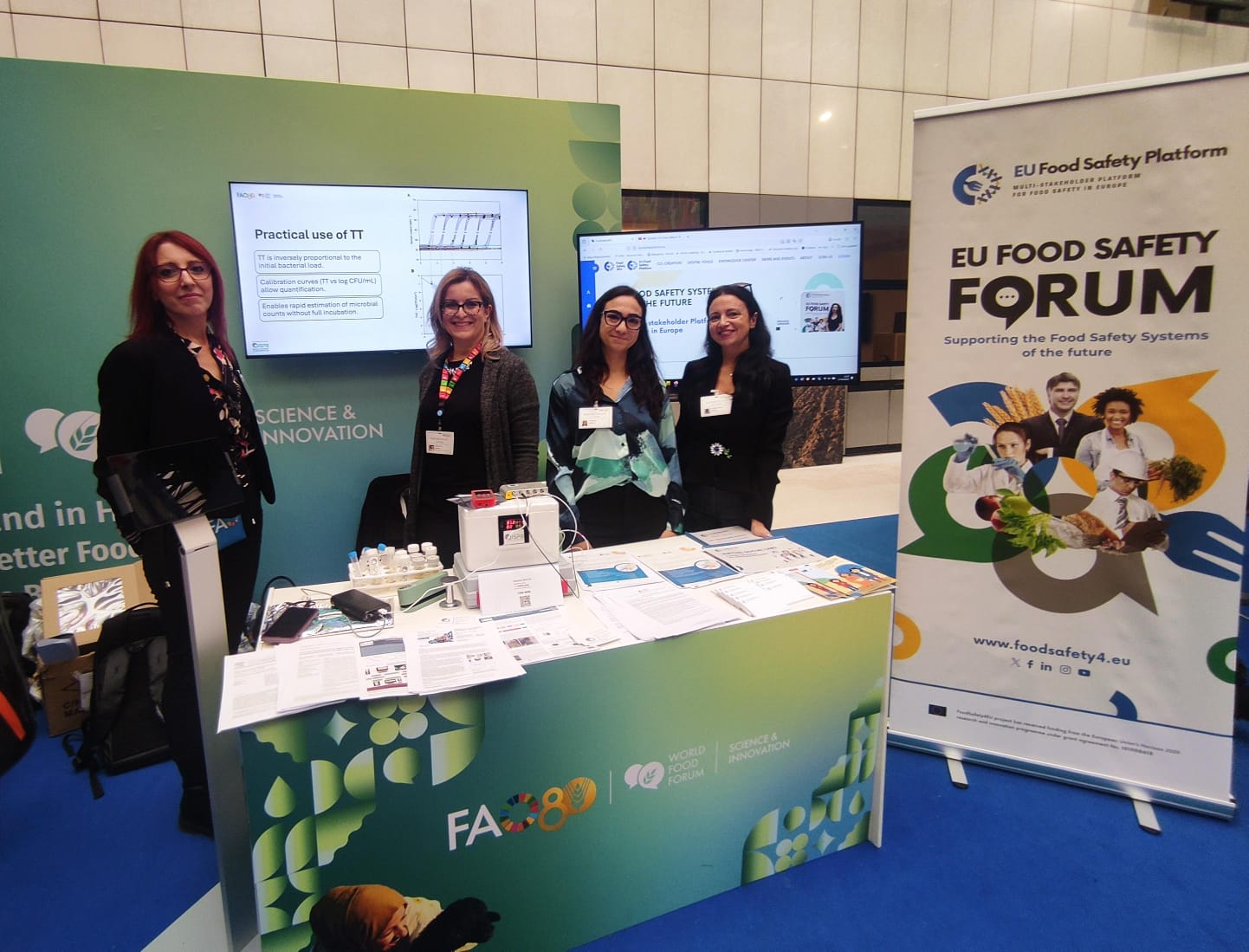
EU Food Safety Platform @FAO Science and Innovation Forum 2025

SUSTLIVES researchers in Bari @CNR ISPA and EU FOOD SAFETY PLATFORM

Cross-fertilization workshop@HOLIFOOD Consortium meeting in Bari

